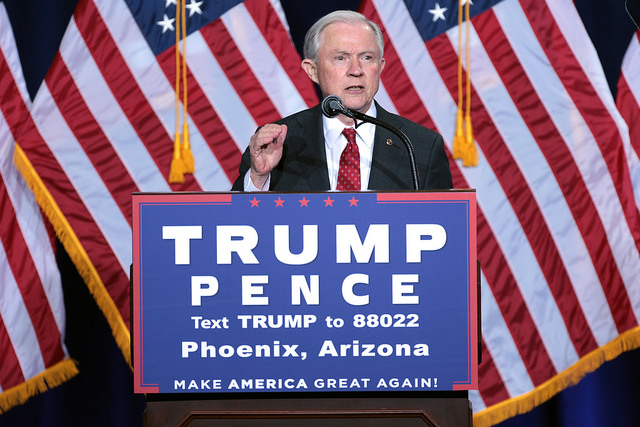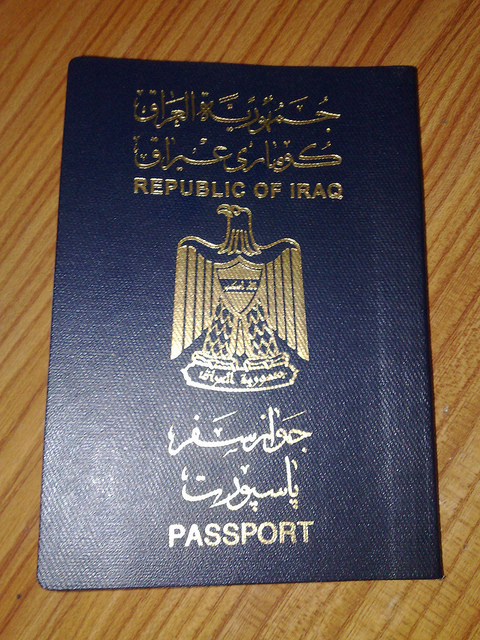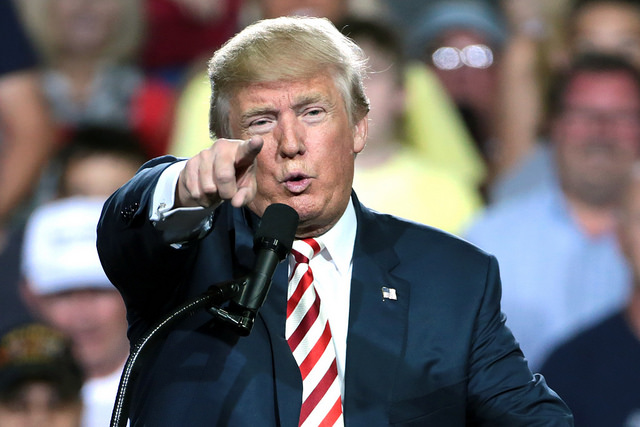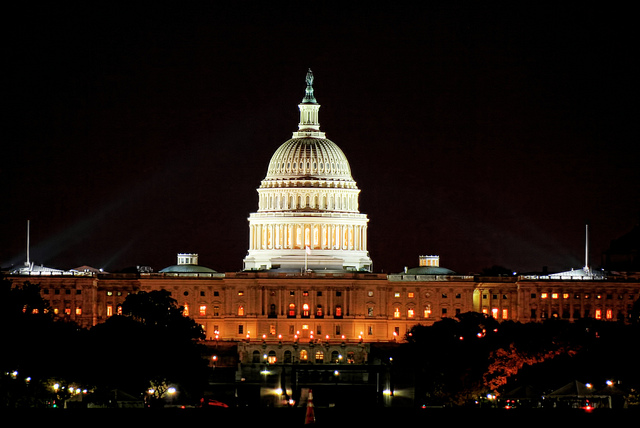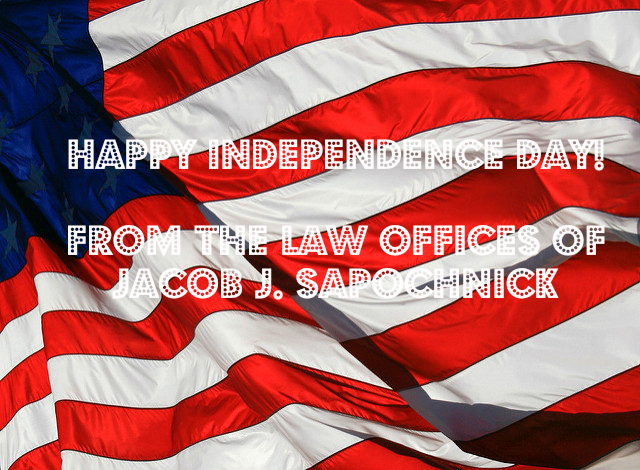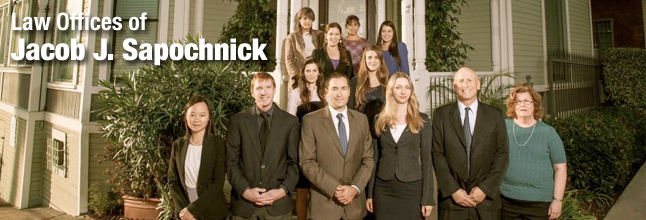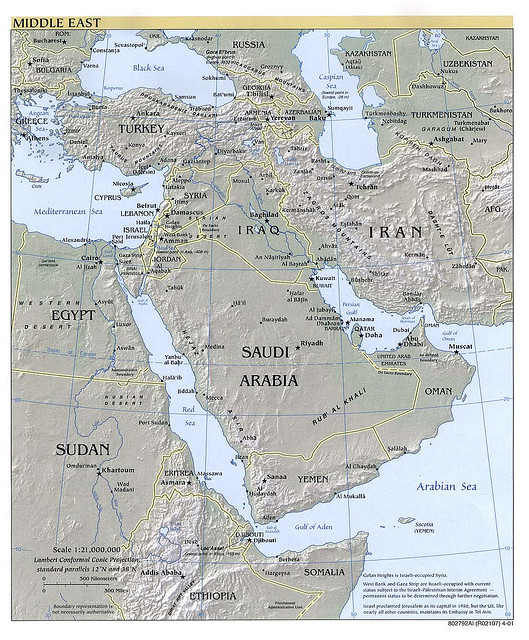Last week, Thursday, July 13, 2017, U.S. District Court Judge Derrick K. Watson handed down a ruling which exempts extended family members from President Trump’s travel ban including: “grandparents, grandchildren, brothers-in-law, sisters-in-law, aunts, uncles, nieces, nephews, and cousins of persons in the United States.” These familial relationships are to be considered bona fide relationships that qualify such foreign nationals from gaining admission into the United States. Thursday’s ruling also makes refugees with assurances from a resettlement agency, exempt from the President’s travel ban.
Last month, the U.S. Supreme Court announced that they would hear arguments challenging the President’s travel ban when the Court reconvenes in October of next year. As part of their announcement, the U.S. Supreme Court ruled that, in the interim, the President could enforce the travel ban against foreign nationals from Iran, Syria, Sudan, Libya, Yemen, and Somalia, who lack a credible “bona fide” relationship to a person residing in the United States, or entity such as an employer, religious, or academic institution.
In their ruling, the Supreme Court however provided little guidance on what types of familial relationships would qualify as a credible bona fide relationship. The Supreme Court vaguely stated that “close familial” relationships would qualify as a bona fide relationship, citing mother-in-law’s and spouses as an example of a qualifying familial relationship. However, the Court was silent regarding extended family members.
This prompted the State of Hawaii to seek clarification from federal judge Watson, regarding what types of familial relationships would be subject to the ban. The State of Hawaii argued that the Trump administration had wrongfully interpreted the Court’s ruling to exclude close family members such as grandparents, after the administration issued a diplomatic cable to U.S. consular posts and embassies abroad that defined a “close familial relationship” to include parents, children, and in-laws, but not grandparents, grandchildren, aunts, uncles, and cousins.
 Visa Lawyer Blog
Visa Lawyer Blog


